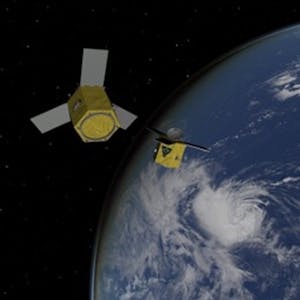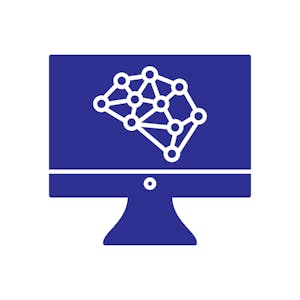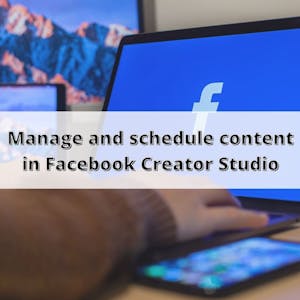Spacecraft Formation Relative Orbits
About this Specialization
This specialization studies spacecraft relative orbits. This is of interest to mission scenarios including rendezvous and docking, inspection circumnavigation trajectories, on orbit assembly, space debris mitigation, or interferometric science applications in space. It assumes the learner has already had a complete course on orbital mechanics of a single spacecraft including solutions to the 2-body problem, solving time of flight problems, and understanding J2-perturbations on a spacecraft, as well as how to develop relative orbit feedback control solutions. The specialization is of interest to researchers who need to learn the fundamentals of deriving relative equations of motion about circular, elliptical or even hyperbolic reference orbits. Both nonlinear and linearized relative orbit descriptions are explored and compared, including curvilinear Cartesian coordinates and orbit element differences. Analytical relative motion solutions are developed to understand fundamental relative motion prototypes. Next, the impact of the J2 perturbation is explored for the relative motion, including how to develop J2-invariant relative orbits. Finally, nonlinear relative motion feedback control laws are developed to actively control the relative motion. The specialization targets learners interested in rendezvous and docking, orbital servicing, or developing relative orbit missions.Created by: University of Colorado Boulder

Related Online Courses
In this 2 and a half hours long guided project you will learn the basics of Jira automation. You will create automation rules using triggers, conditions and actions to auto assign tasks, apply sub... more
This course introduces several tools for processing business data to obtain actionable insight. The most important tool is the mind of the data analyst. Accordingly, in this course, you will... more
This specialization is intended for students who wish to use machine language to analyze and predict product usage and other similar tasks. There is no specific prerequisite but some general... more
This is a Google Cloud Self-Paced Lab. In this lab, you will learn how to modularize LookML code with Extends.Created by: Google Cloud more
In this project, learners will learn how to manage and schedule your content in Facebook Creator Studio. Facebook Creator Studio has all of the tools that you need together, for you to be able to... more







